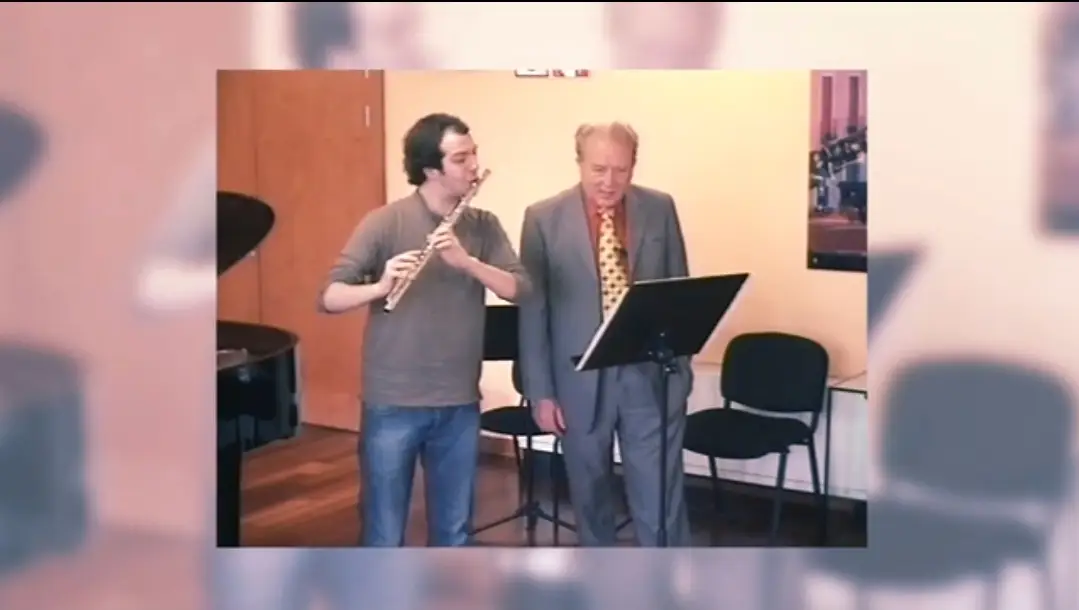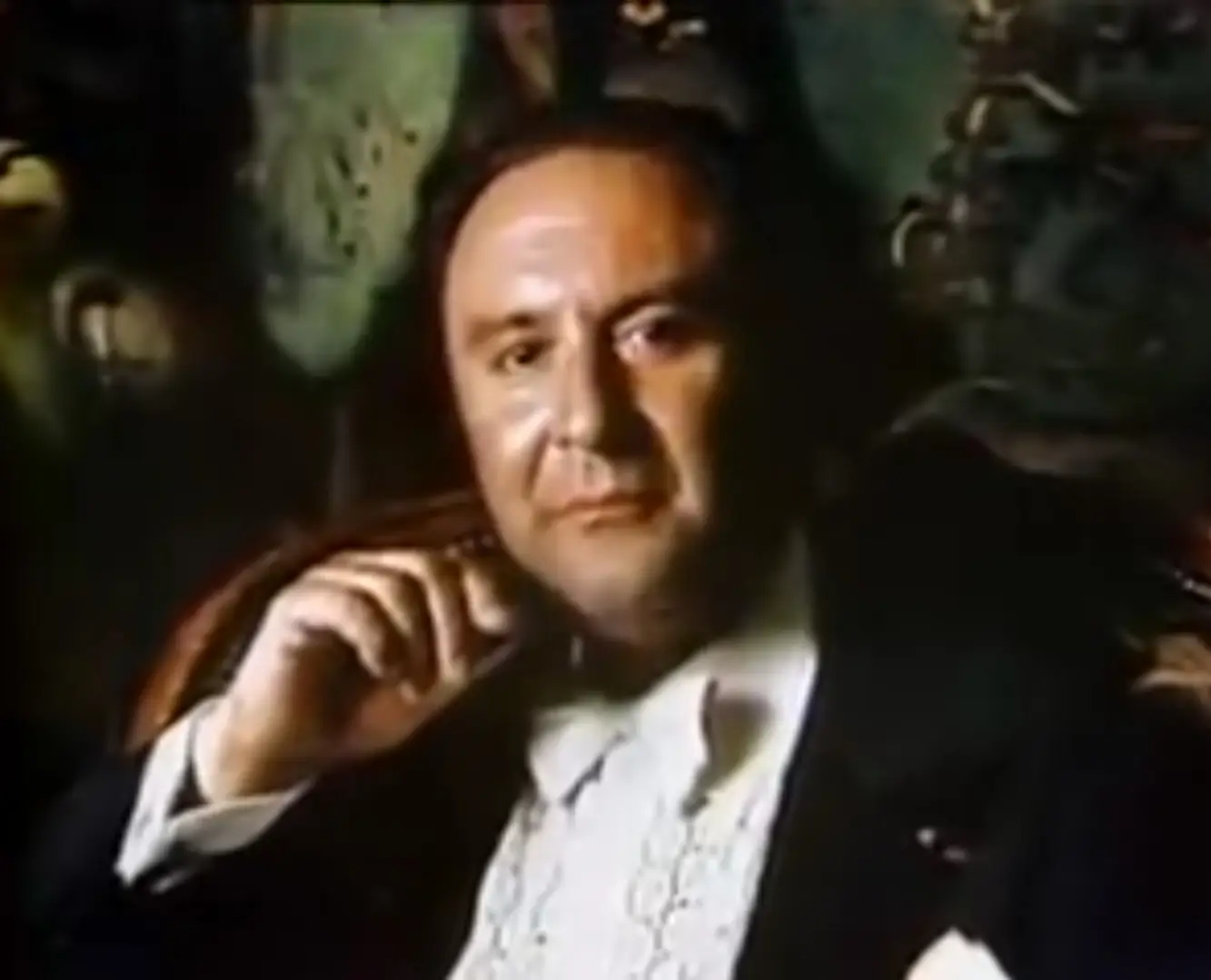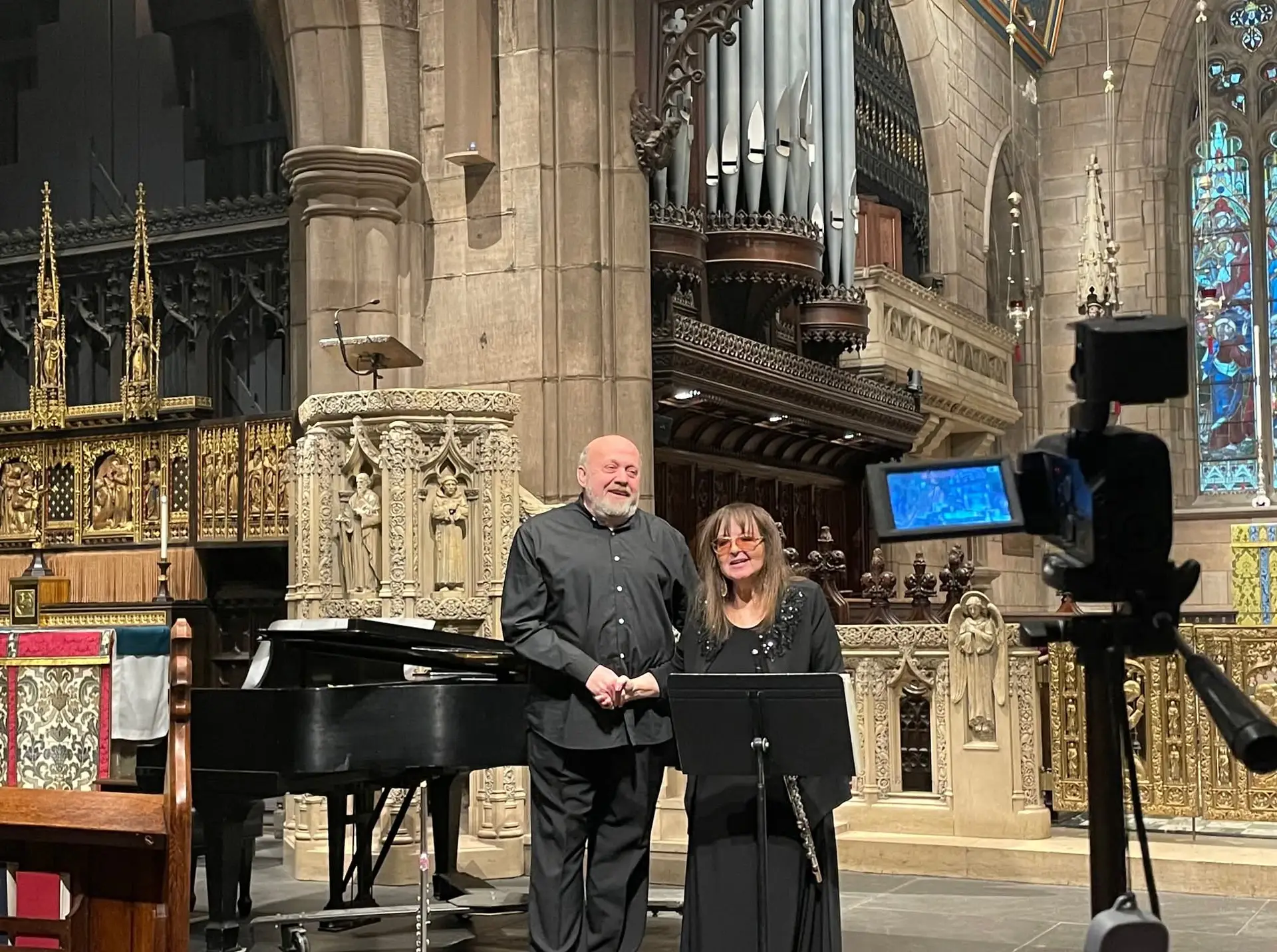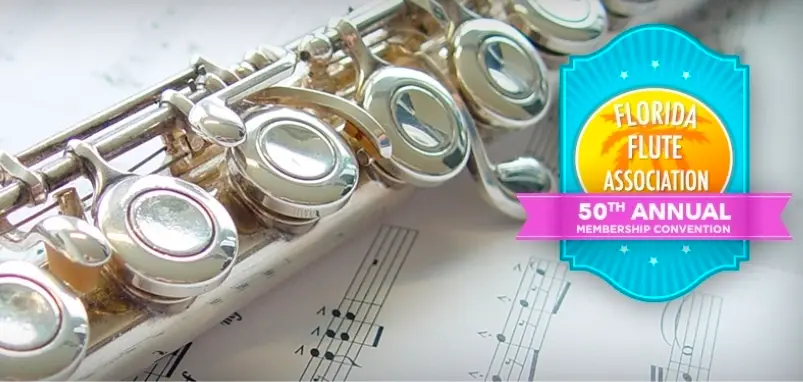Leonard Garrison, assistant professor of flute at the University of Idaho, and pianist Roger McVeigh offer tips for performing Arthur Honegger’s “Romance.” Honegger’s solo is a popular choice for solo and ensemble competitions.
Oscar Arthur Honegger
Birth: Mar. 10, 1892, Le Havre, France
Death: Nov. 27, 1955, Paris
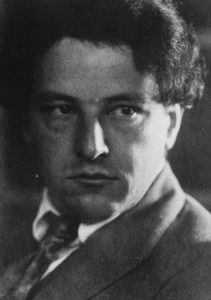 Arthur Honegger was a Swiss composer known for his work in various genres, including theatre, concert hall, and cinema. He gained fame as a member of Les Six, a group of musicians who rebelled against traditional musical ideas. His most notable composition, “Pacific 231,” is an example of descriptive music that imitates the sounds of a moving train. Honegger was also a pioneer in film music, scoring masterpieces like “Napoleon” and the French version of “Les Miserables.”
Arthur Honegger was a Swiss composer known for his work in various genres, including theatre, concert hall, and cinema. He gained fame as a member of Les Six, a group of musicians who rebelled against traditional musical ideas. His most notable composition, “Pacific 231,” is an example of descriptive music that imitates the sounds of a moving train. Honegger was also a pioneer in film music, scoring masterpieces like “Napoleon” and the French version of “Les Miserables.”
Born to Swiss-German Protestant parents, Honegger was the eldest of four children. He studied violin and harmony under R.C. Martin in Le Havre before spending two years at the Zurich Conservatory. There, his teachers included Friedrich Hegar (composition), Willem de Boer (violin), and Lothar Kempter (music theory). In 1911, he enrolled at the Paris Conservatory, studying under Gedalge and Charles Widor. Although he maintained his Swiss citizenship and served in the Swiss military from 1914-1915, he later settled permanently in Paris.
While at the Paris Conservatory, Honegger joined Les Six, whose goal was to eliminate oppressive music and create works derived from popular culture. Despite the group’s influence, Honegger’s most famous works often diverged from their artistic ideals.
In 1926, Honegger married Andrée Vaurabourg, a pianist and fellow student at the Paris Conservatory. They had one daughter, Pascale. He also had a son, Jean-Claude, with singer Claire Croiza. During World War II, Honegger remained in Paris, where he joined the French Resistance due to his hatred of war, though not of the Germans. His public
association with Nazi officials led to his expulsion from the Resistance and a six-month ban by French musicians. Nonetheless, he was later elected a foreign member of the Music Institute of France and named a Grand Officer of the Legion of Honor in 1954.
Honegger died of a heart attack on November 27, 1955. His legacy experienced a resurgence years after his death, and his portrait now appears on the Swiss 20 franc banknote.

